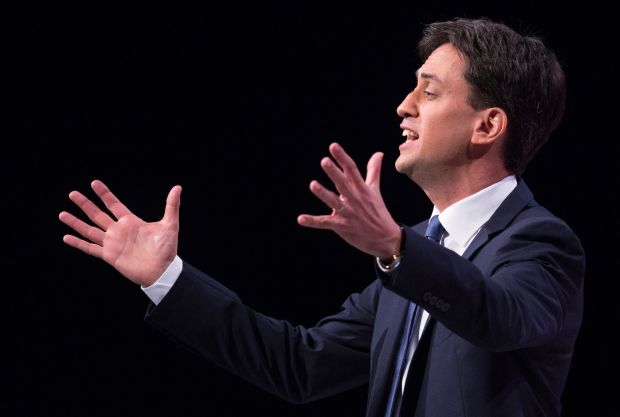A few months ago I was in a pub on a quiet night and overheard a young couple having an argument about politics. They were both, I’m guessing, young white London liberals and although I couldn’t hear everything they were saying, the gist was this: he was arguing that Islamic violence was a particular problem and she was telling him that all religions were equally violent and that no faith could be singled out. At the end of the night he gave in and conceded that she was right and it was prejudiced of him to say otherwise because no faiths are more violent than any others etc etc. I really wanted to interrupt them and shout at him ‘no, you idiot, you were right, don’t give in just for an easy life! This is how civilisation falls into mental decline.’
Obviously I didn’t. But the argument he should have made can be summed up in just one word – secularism, that is, the proper separation between religious and political institutions, so that one cannot control the other. Islam does not have a tradition of secularism, and this is at the heart of the problem.
Secularism is very much a Christian idea and it is one that has hardly taken root in the Islamic world, except to some extent in Turkey; this is partly theological, as the early Muslim leaders had in mind a system of laws for governing society, while Jesus Christ explicitly spoke of rendering to Caesar what is Caesar’s (ie religion and politics should be separate). Partly it is historic and economic, as the church and state developed as separate and rival institutions in western Europe; not so much in the east, where Orthodox churches are traditionally much closer to the state, right down to Putin’s Russia.
(Anyone wishing to understand the crisis affecting our world should read Inventing the Individual by Larry Siedentop, which traces the origin of individualism back to its roots in St Paul and medieval Christianity. Siedentop is influenced by the 19th century French historian François Guizot, who saw individualism as being not natural or inevitable but an accidental product of history.)
Whatever the causes, I prefer our way; it means we have the rule of law, strong civil society, public institutions and (although there are arguments about how far secularism goes) the separation of religion and politics.
Secularism in the Islamic world would make life better for the vast majority of Muslims, and for 100 per cent of non-Muslims. But while spreading secularism is the most important thing that can be done right now, it is also perhaps the most dangerous.
I admire journalists and politicians who speak out when it costs them something, but in the West bravely telling the truth usually involves no more than social snubs or at worst, career decline; whatever one thinks about the liberal metropolitan elite, they don’t tend to behead critics. Speaking out against Islamism, for a Muslim, is something quite different.
Voters in Britain can play a role in this battle next month; at least voters in Hampstead and Kilburn, where Quilliam chariman Maajid Nawaz is standing as a Liberal Democrat. Nawaz, a former extremist, is the leading Muslim anti-Islamist in Britain, the most outspoken of the many British Muslims who oppose Islamism.
He has been threatened on a number of occasions.
I’m not a Liberal Democrat, but I do believe in voting for the candidate, not the party, and if I were a voter in Hampstead and Kilburn I would certainly vote for Nawaz. His election to parliament would make a huge difference, a game changer in challenging Islamism in Britain and hopefully beyond.
Many Muslim public voices are not very liberal, simply because democracy does not favour minority liberalism. Political parties tend to go where the votes are, and in ethnic politics the ‘community leaders’ who can deliver those x’s are, almost by definition, the most reactionary and opposed to integration (since that would mean a loss of power). These ‘community leaders’ are treated like they’re king of the Muslims because they can deliver votes and, if they’re upset about something (like some silly cartoon), they can muster large numbers of protesters; reforming, liberal Muslim politicians can do no such thing.
A liberal Muslim like Nawaz instead has to appeal to the voters as individuals, in the secular tradition, and by being in parliament he would give liberal Islam a much more powerful voice.
I’m probably not the best endorsement, being as I am highly sceptical about the wisdom of importing large numbers of Muslim immigrants here; I’m not sure multicultural democracy can work, but in the words of Principal Skinner, prove me wrong, kids. Hampstead is often used as a byword for everything that is hypocritical and smug about liberalism; but if you vote in Nawaz, right-wing bores like myself can never make another jibe about Hampstead liberals.







Comments